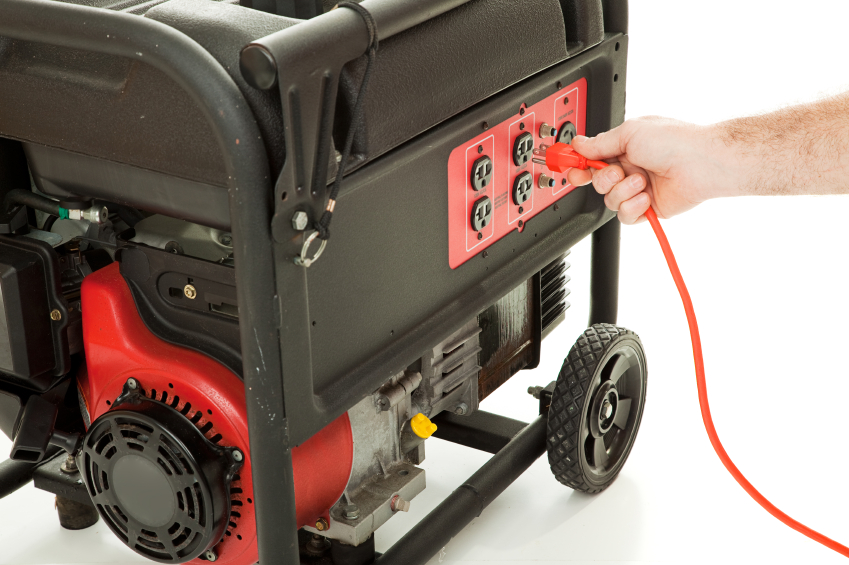
Knowing Your Generator Options
Hurricane season is far from over, and it’s never too late to be prepared for it. When inclement weather hits and the power quits, that’s when a generator comes to the rescue. But to make the best generator decision for you and your family, you’ll want to know your options and the pros and cons.
Portable Generators
Pros: The most affordable option, a portable generator runs on gas or propane. Portable generators can be used on and off property as long as it’s 15 feet away from your, house, doors windows. They also must not be in a closed space, and they’ll need to be protected from rain. If you are looking to power just a few appliances, this will do the trick. They also are easy to install, so no professional is needed.
Cons: The fuel storage is small, so you’ll have to keep extra gas on hand to avoid running out. It also is quick to run for fuel, so if your power was out for a few days, your generator might last the whole time. Because you will need the generator outside and away from your home, so make sure you have an extension handy too.
Standby Generators
Pros: More of an investment, a standby generator requires a professional to install it. There is little to not set up after though, as they are made to start up automatically when the power goes out. You can choose from either fuel-natural, gas or propane. There is no fuel tank to fill, they are capable of providing more electricity, and another bonus — they let you know when maintenance is required.
Cons: Depending on the size and installation pricing can vary anywhere from 5 to 10 times more than the pricing of a portable generator. It’s also not an easy install; a professional will be needed as it hooks up to your homes electrical system.
Having a backup generator system is an excellent way to make sure that your family always has power. The experts at TFC have years of experiencing helping Long Island families with the perfect backup system. Contact us today!
